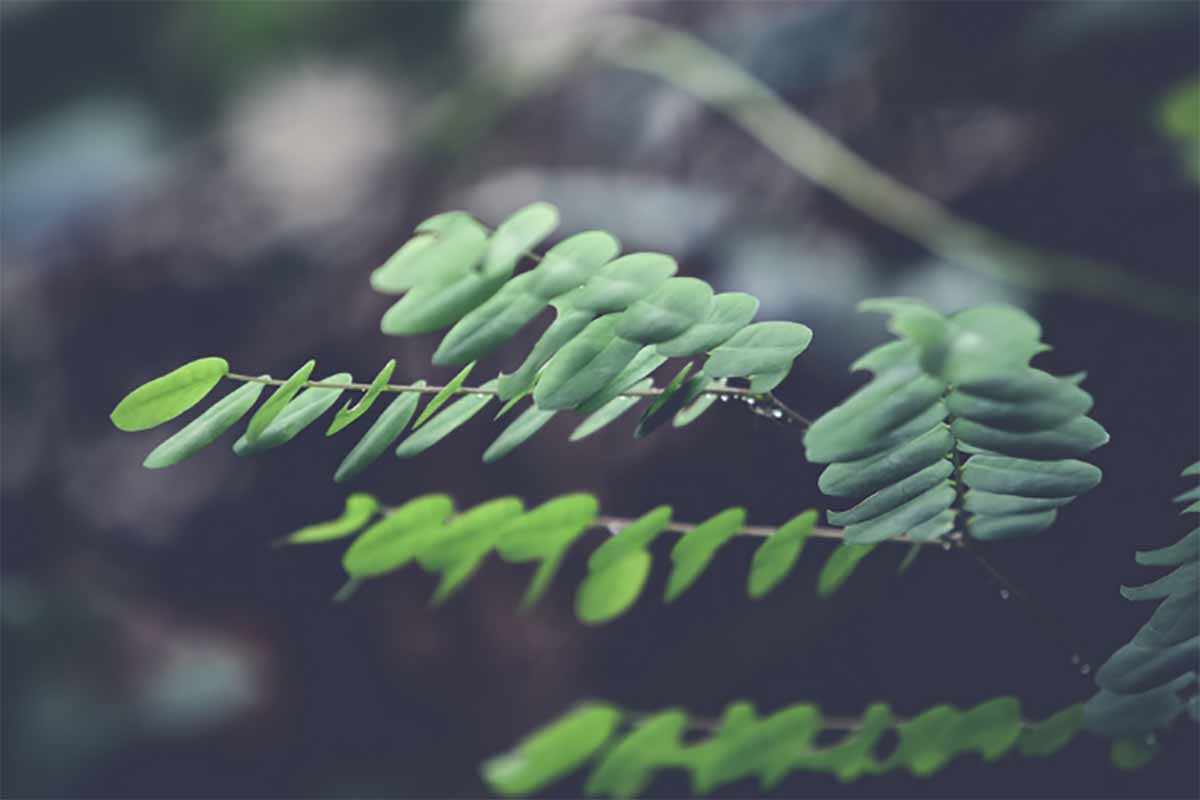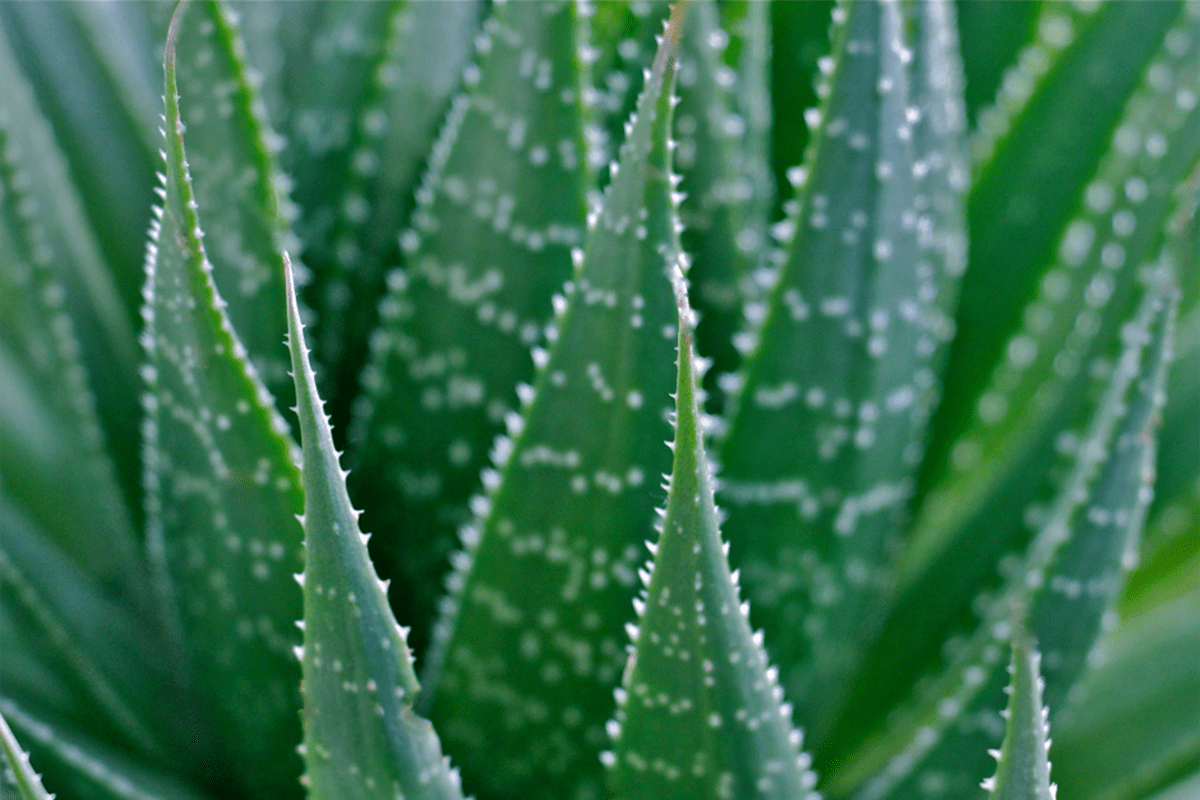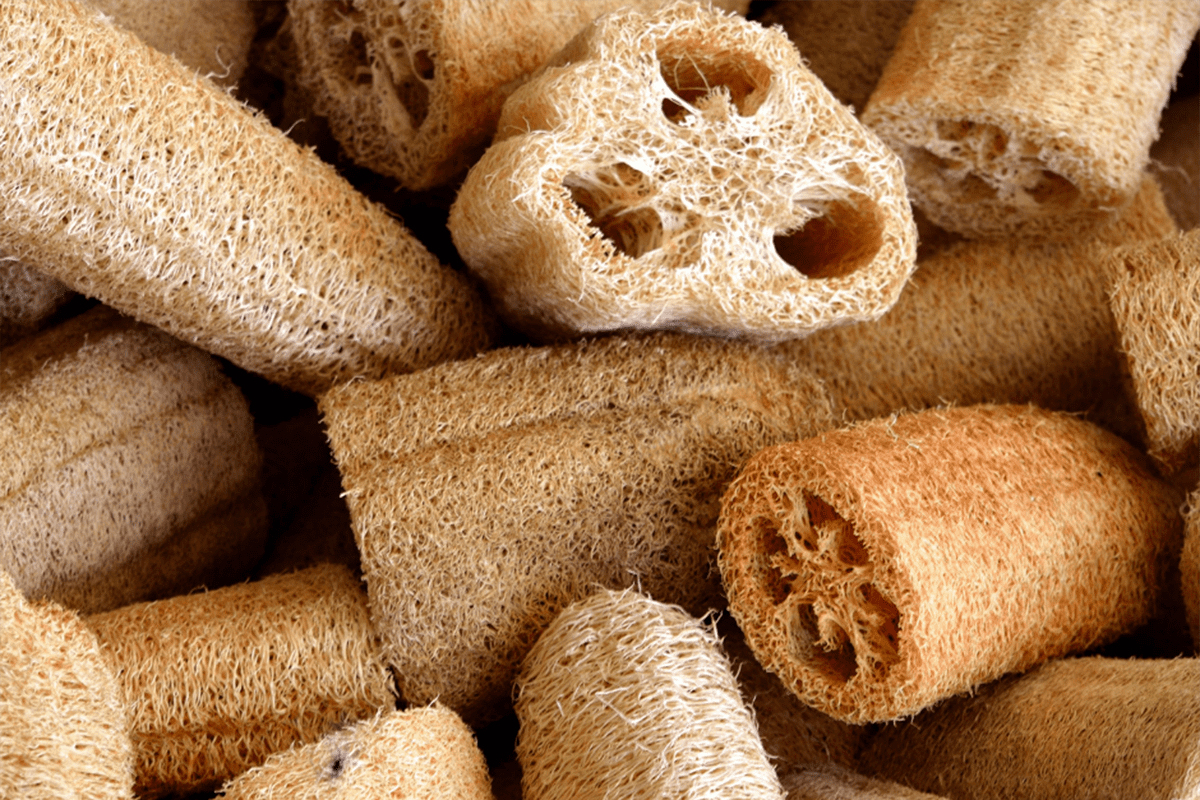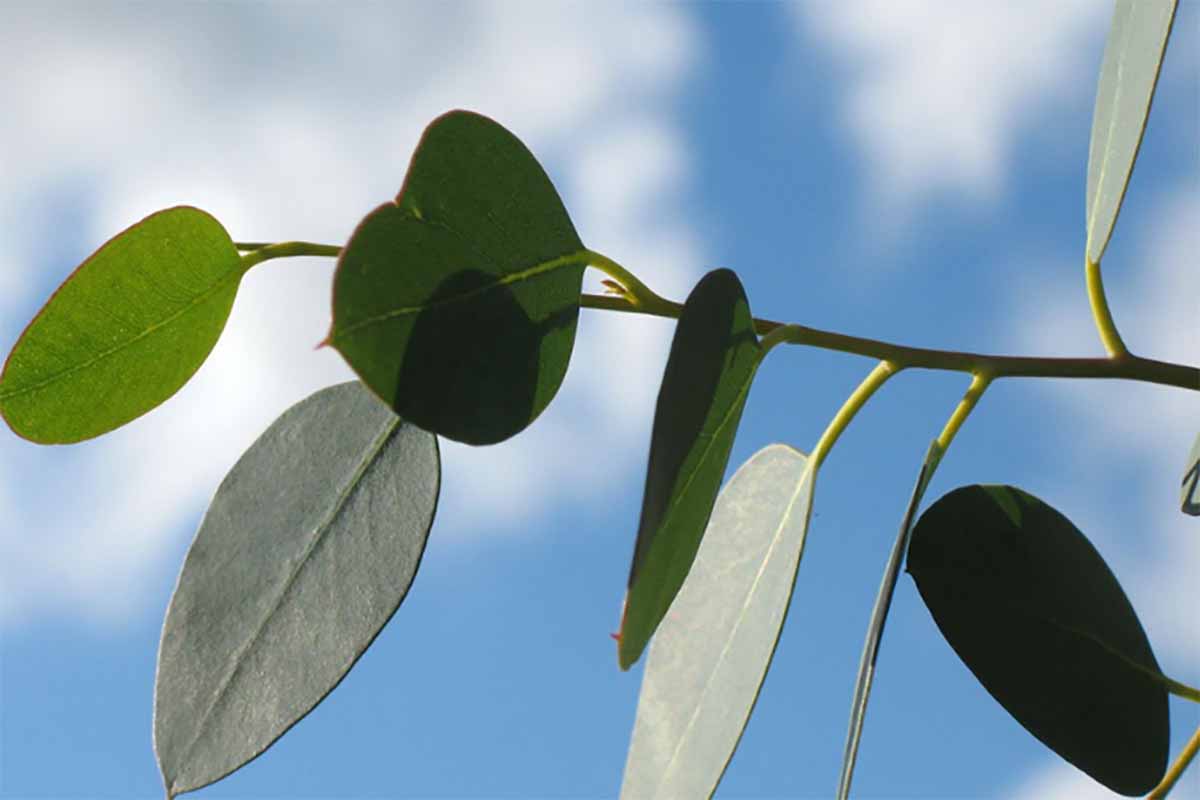Homemade Eucalyptus Oil

Eucalyptus oil has that fresh-from-the-spa aroma. Learn how to make your own eucalyptus essential oil to add to your bath, diffuser, and more.
What you’ll need:
- ¼ oz fresh eucalyptus leaves (grow your own or check your local florist) crushed to release the oil
- 1 cup carrier oil (olive, coconut, or almond)
- Slow cooker (one you don’t use to cook as eucalyptus oil is toxic)
To make:
Combine ingredients into a slow cooker and let heat on low for 6 hours. After letting the oil cool, strain the oil through cheesecloth. Store in a cool, dark area (medicine cabinet, closet, etc.).
For more great tips, check out our blog!
Aloe Vera Hair Treatment

Aloe vera is amazing for our hair! It contains proteolytic enzymes that repair dead skin cells on our scalp. It also promotes hair growth, reduces dandruff, and acts as a great conditioner that leaves your hair smooth and shiny. All good things, right? Treat yourself with this at home aloe vera hair mask.
What you’ll need:
- Fresh aloe vera gel
- 1 tbsp honey
- 2 tbsp yogurt
- 2 tbsp olive oil
Mix all ingredients together and massage onto your scalp for 15 minutes. Wash it out with warm water after 30 minutes. Use this treatment once a week for soft, shiny hair.
Visit us on Pinterest for more aloe vera uses!
Grown Your Own Luffa

Did you know that you can grow your very own spa quality luffas (or loofahs) at home? Luffa sponges are great for skin exfoliation and are handy for scrubbing pots and pans as well.
Growing Luffa
- If you live in a chilly zone, start your luffa seeds indoors about 6 weeks before the last frost
- Soak luffa seeds in water for 24 hours prior to planting
- Germinate in a warm area
- Once your plants have their first set of leaves, transplant them to biodegradable pots
- Luffa plants are prone to transplant shock so you’ll want to wait until the weather and soil are warm to start hardening your seedlings
- After a week or so, plant your luffa plants in an area that gets full sun
- Luffa plants vine so plant your seedlings at the base of a strong structure
- Be sure to cover your plants if the weather turns cold (warm luffa plants equals happy luffa plants)
- Keep your luffa nice and watered
Harvesting Luffa
- Luffa can be picked once they are dried out and brown
- Then all you have to do is peel them and rinse out the seeds
Follow our blog for more great gardening tips!
Herb-Infused Vinegar

Herb gardens are wonderful for cooking delicious meals, making DIY beauty treatments, and even natural household cleaners. One of our new favorite uses are homemade vinegars!
You’ll need:
- 2 cups wine, rice, or apple cider vinegar
- 5 sprigs of lightly crushed herbs (you can choose from oregano, rosemary, tarragon or thyme)
- For an extra kick, you can add 1 small fresh chile and 1 clove of garlic
- Jar with tight-fitting lid
To make:
Add herbs and vinegar to your jar and let it sit to infuse for 5-6 days. This will allow your flavors to blend. Strain your vinegar with a fine mesh sieve into a bottle of your choice. Feel free to add a sprig of herbs and a few chiles and garlic cloves to make it fancy. Store in the refrigerator.
Visit us on Pinterest for more tasty recipes!




 Who doesn’t love the smell of eucalyptus! In addition to being visually appealing, the fragrant leaves can be used to make an
Who doesn’t love the smell of eucalyptus! In addition to being visually appealing, the fragrant leaves can be used to make an 



